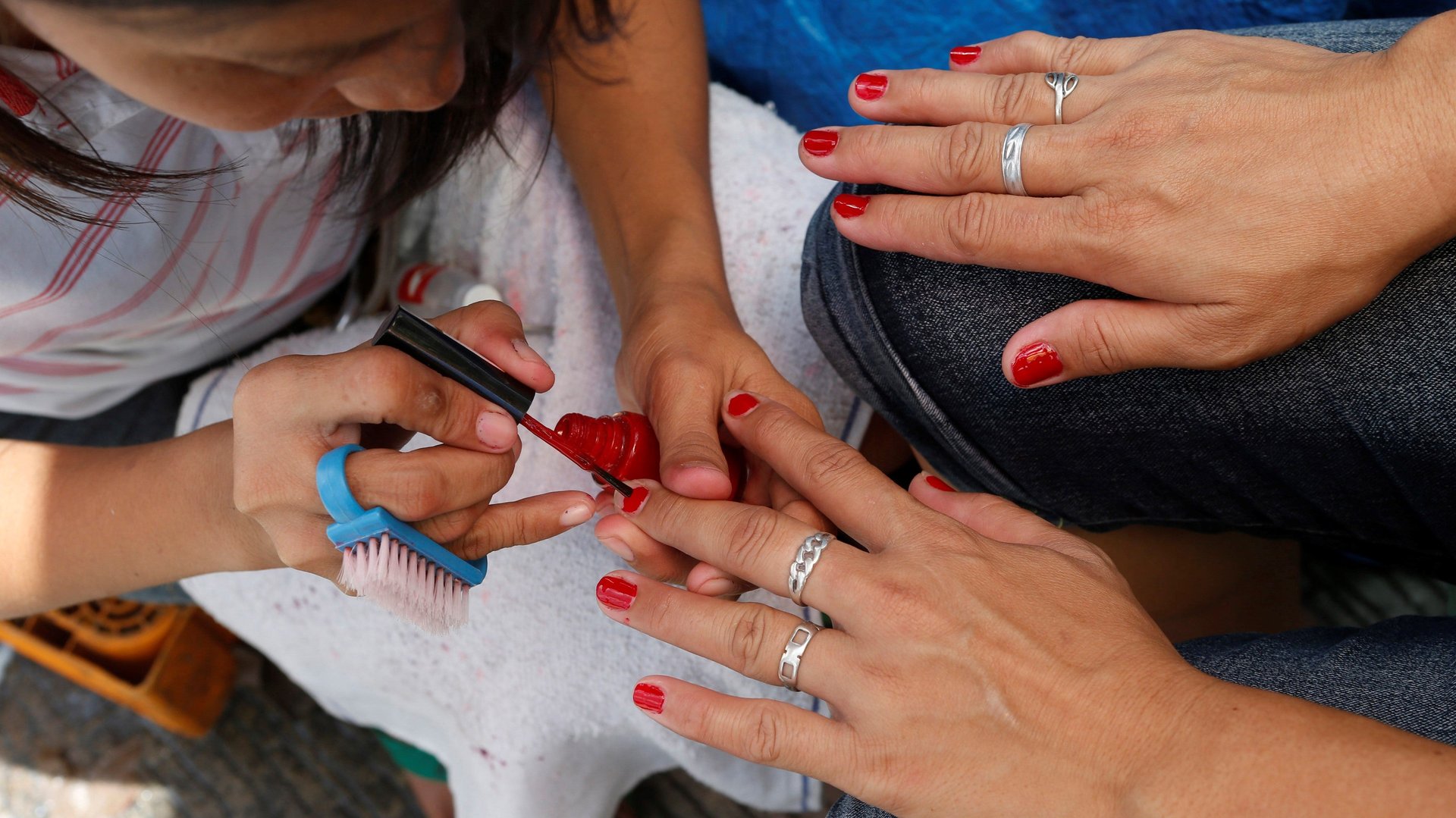The UAE can easily become UrbanClap’s second home
Indian home services marketplace UrbanClap is doubling down on its overseas expansion.


Indian home services marketplace UrbanClap is doubling down on its overseas expansion.
Yesterday (June 24), the Gurugram-based company announced the launch of operations in Abu Dhabi, its second city in the United Arab Emirates (UAE) after Dubai where it had flagged off on-demand services last year.
For UrbanClap, west Asia is a lucrative market. In most cities in the region, services are priced at three to four times than in India, even though the costs are almost the same.
“Abu Dhabi is a country with a large consumer base where people are on the lookout for quality home services. Plus, it has a large pool of service professionals who are not yet online. We can serve the market well by connecting the two,” Abhiraj Bhal, co-founder of UrbanClap, said while announcing the foray into the latest emirate.
The company will begin by offering services like deep cleaning, maid, pest control, handymen, and air conditioner servicing and repair in the city. It plans to add home painting and packers & movers to its bouquet.
Chasing growth
Industry observers spot a pattern in UrbanClap’s overseas expansion. It indicates a larger trend among Indian online startups as growth at home plateaus.
“Most of the Indian internet-based startups chase and witness fast-paced growth early on. Once the business reaches a sizeable scale, it becomes difficult to sustain growth at earlier levels. This is when they start looking to get into international markets,” said N Chandramouli, CEO of Trust Research Advisory, a Mumbai-based market-research firm.
Cab-hailing app Ola, which operates in countries like Australia and the UK, and hotel-aggregator OYO, with presence in China and Indonesia, among other countries, are prime examples of firms adopting this strategy.
Yet, success depends on picking the right market. On that count, UrbanClap appears to be in the right place, at the right time.
A large section of the population in the UAE is Indian. Given its experience in serving diverse consumer segments back home, UrbanClap has the cultural advantage. Many expatriate Indians would prefer a company from back home, experts said.
“People away from home have an affinity towards a brand they may have heard about from family and friends. UrbanClap is now recognisable in India and is likely to win the trust of Indians living overseas,” said Chandramouli. It also stands to gain from the huge presence of non-Indian expatriates in the UAE.
“Abu Dhabi and Dubai are home to a large number of Americans, Russians, and Germans. So, the two cities can serve as a mini test market for the brand (UrbanClap), giving it a good exposure to the requirements of a wide section of consumers,” reasoned Chandramouli.
Confident of applying its lessons from the UAE, UrbanClap is said to be looking to roll out operations in more countries in the region.
Staying the course
UrbanClap’s global ambitions follow its fast-paced expansion in India.
Founded in 2014, the company is now present in 10 Indian cities and has over 20,000 service professionals on its platform. It has attracted investors ranging from Tata Group’s chairman emeritus, Ratan Tata, to Steadview Capital, Accel Partners, SAIF Partners, and Bessemer Venture Partners.
The company more than doubled operating revenues from Rs46 crore ($6.6 million) in financial year 2018, to Rs116 crore the next year. However, operating losses, too, widened to Rs72 crore in financial year 2019, from Rs57 crore the previous financial year. UrbanClap hopes to break even in a year or so.
In India, it competes with Housejoy, QuikrEasy, and Lifeeasy. These firms are vying for a share of India’s online services market, estimated at Rs440 crore, according to a recent report by KPMG and Google.
“Supply aggregators such as UrbanClap and Housejoy are competing more with standalone service providers such as MyGlamm (that provides at-home beauty services), than traditional listing firms such as Justdial,” Neha Singh, co-founder of Tracxn, had told Mint in 2017.